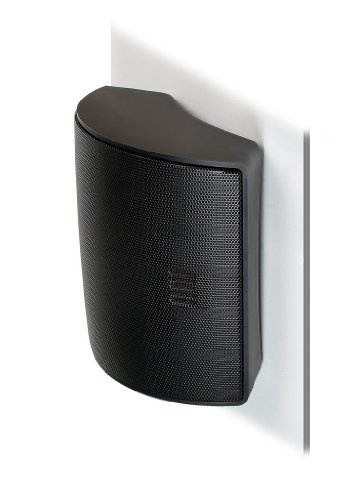Gordon Gray
Well-known member
Hi Rich,
Thank you for your observations.
One item that I haven't mentionned is the fact that excessive volume can clearly "overload" my room. The best example is a piano, which is quite a transient and dynamic instrument. I'm sure that with additional absorbing room treatments, that would not be the case.
However, I generally listen in the 80 to 90DB range, which is more than enough volume for me to enjoy the music without identifiable ringing.
Also protects my hearing, which is always a good thing.
Hope all is well with you and family.
Gordon
Thank you for your observations.
One item that I haven't mentionned is the fact that excessive volume can clearly "overload" my room. The best example is a piano, which is quite a transient and dynamic instrument. I'm sure that with additional absorbing room treatments, that would not be the case.
However, I generally listen in the 80 to 90DB range, which is more than enough volume for me to enjoy the music without identifiable ringing.
Also protects my hearing, which is always a good thing.
Hope all is well with you and family.
Gordon













